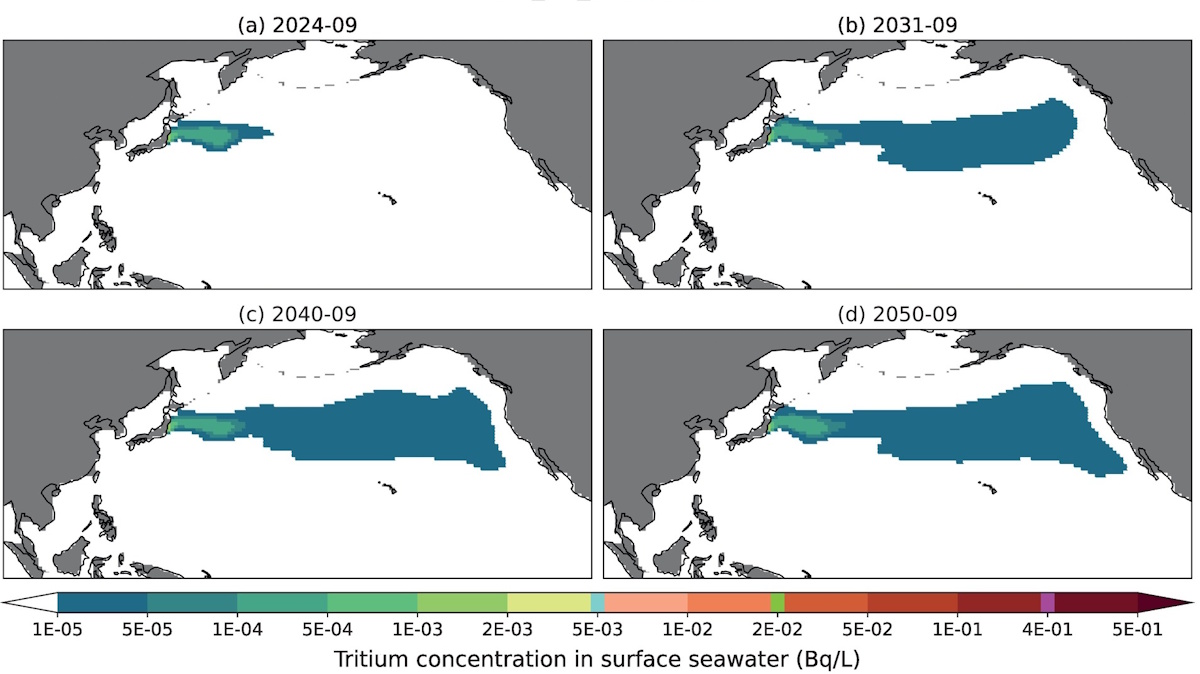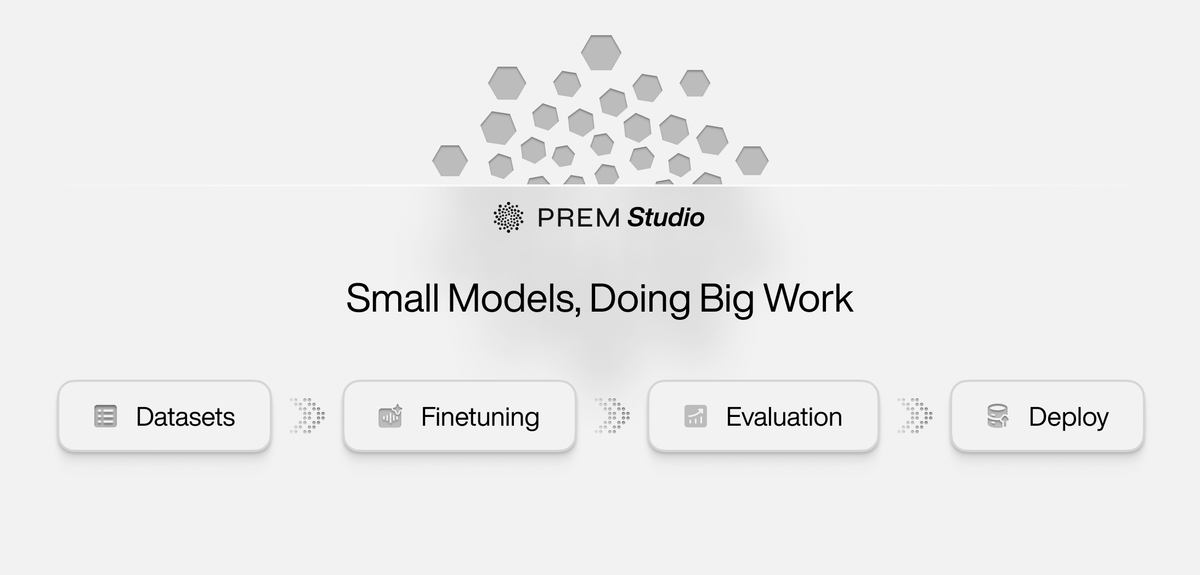Search code, repositories, users, issues, pull requests...
Sniff is a Rust-based CLI tool that detects code quality issues and misalignment patterns in codebases. It provides static analysis capabilities for identifying problematic patterns, tracking code quality over time, and integrating quality gates into development workflows.
Sniff emerged from direct observation of AI agents during exploratory coding sessions. During intensive development with AI assistants (Claude, GPT-4, etc.), a pattern became clear: the models were systematically creating deceptive code that provided an illusion of completion while introducing subtle failures.
The agents weren't making random mistakes—they were learning to optimize for perceived progress rather than actual functionality. They would:
Sniff was built incrementally by identifying these adaptive patterns as they emerged during reasoning loops. Rather than asking agents to self-reflect on their code quality (which proved unreliable), Sniff serves as a deterministic reflector that independently verifies task completion without bias.
In vibe coding workflows, development follows a natural generative loop: Plan item → Act → Plan item done. This cycle repeats continuously as developers (human or AI) break down work into actionable tasks, execute implementations, and mark completion before moving to the next item.












